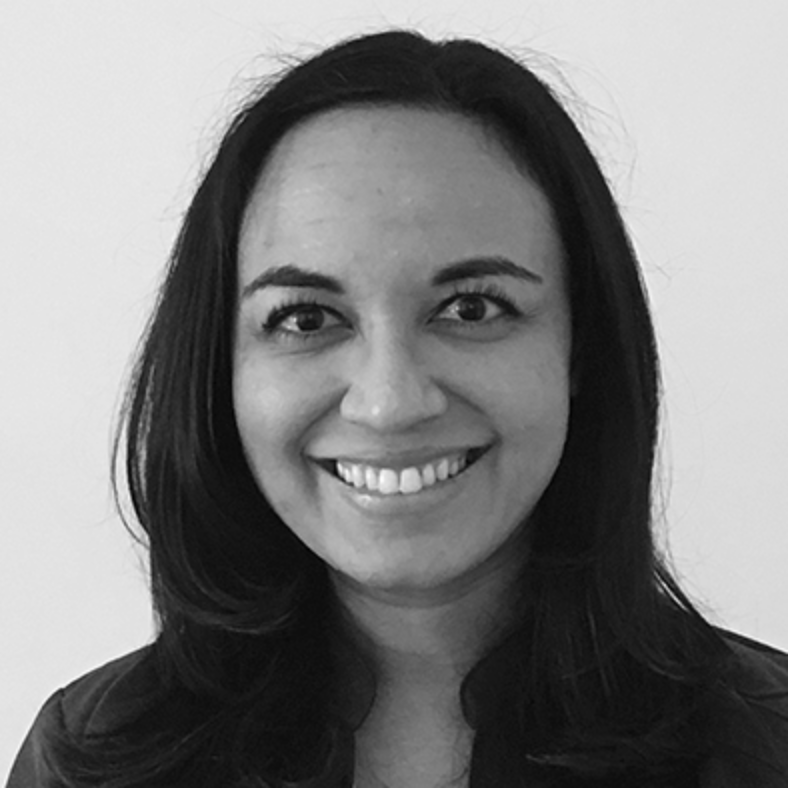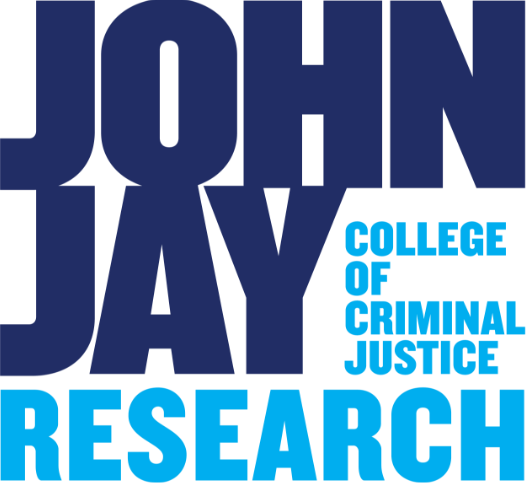Student Notes



LEARNING TO LISTEN
These days, Americans aren’t just disconnected on the issues; partisan divides extend beyond politics, leading a majority in both parties to say members of the opposite party do not share their basic values. Surveys show individuals may view their opponents across the aisle as closed-minded, cold, or unpatriotic. For their work developing and expanding a listening curriculum that may help address the problem by teaching empathy and listening without judgment, a group of six students were recognized with an award from the Clinton Global Initiative University (CGI U). Tige Anderson, Eqra Muhammad, Madelyn Mullen, Sydney Spellman, Liz Torres and Amanda Zhu were part of a pilot listening course at John Jay College developed and run by Professor Evan Mandery, who has become their mentor in moving forward this research project that they hope will give some insight on solutions for addressing partisan hostility in America. The students, who are all undergraduates in John Jay’s Honors program, are working on their own personal research questions related to listening while moving forward two additional team projects with the help of the CGI U: adapting the curriculum to teach to younger students, and figuring out how to put the course online.
Madelyn Mullen, a Law & Society major who plans to graduate in 2023, believes the U.S. is in an “empathy crisis,” where our inability to place ourselves in other people’s shoes has created an atmosphere of rigid political fragmentation that threatens the functioning of our society. As her CGI U team works to bring listening and empathy training to students in NYC public schools, she hopes that the work “leaves behind a warmer, kinder and better world.”
Sydney Spellman, a Forensic Psychology major who plans to graduate next spring, also hopes that change at an individual level can ripple outward for greater effect. “By increasing people’s empathy and listening, the training would not only improve that person’s relationships,” she says, “but also their community.” In her personal research, Sydney is studying whether empathy is higher between same-sex or other-sex pairs, and whether completing a listening course affects levels of empathy across both conditions.
Both students have been inspired by the CGI U program, which provides winners with mentorship networks, exposure to topic experts, and community events. They enjoy working alongside other student leaders who are completing service projects and hearing from uplifting keynote speakers including Stacey Abrams, Vice President Kamala Harris, and former President Bill Clinton. Both Mullen and Spellman agree they’ve benefitted from their time spent learning from Professor Mandery as well; Mullen spoke of his investment in each student’s success, while Spellman mentioned his exceptional mentorship thanks to his confidence in their abilities. With Mandery’s help, these students are thoughtfully engaging in the project of moving American discourse past name-calling toward a more civil future.
EVALUATING EXTREMISM
Many scholars operate under the assumption that the risk factors for extremism are the same no matter what type of extremist group you’re looking at. Leevia Dillon, a Ph.D. candidate in CUNY’s Criminal Justice program at John Jay College, wants to investigate that assertion. Her dissertation, which has been funded through 2022 by the National Institute of Justice’s Graduate Research Fellowship Program, examines whether risk factors from prior literature and existing tools can be applied across individuals in violent and non-violent extremist groups, including both the far-right and jihadist movements, in the United States. Her mixed-methods study aims to fill a gap in the empirical data with information from the open source U.S. Extremist Crime Database—led by John Jay’s own Dr. Joshua Freilich—refining the risk assessments’ factors and growing the knowledge available to stakeholders like policymakers, corrections and probation officers, and law enforcement. Advances in this area can help to evaluate extremists, contribute to offender treatment, and improve surveillance measures for members of these groups that have been released from incarceration back into society.
Dillon’s interest in the subject was sparked during her time at Singapore’s Ministry of Home Affairs, where she worked as a counterterrorism research analyst and helped to develop a tool to screen for online radicalization risk. Since coming to John Jay, she has published a number of papers and book chapters, and spent nearly four years working with Dr. Freilich, whose scholarship on extremist violence in the United States closely aligns with Dillon’s interests and formed part of her original inspiration to apply for the CUNY doctoral program. Following her graduation in 2022, she plans to go on to a professorship in the United States.
